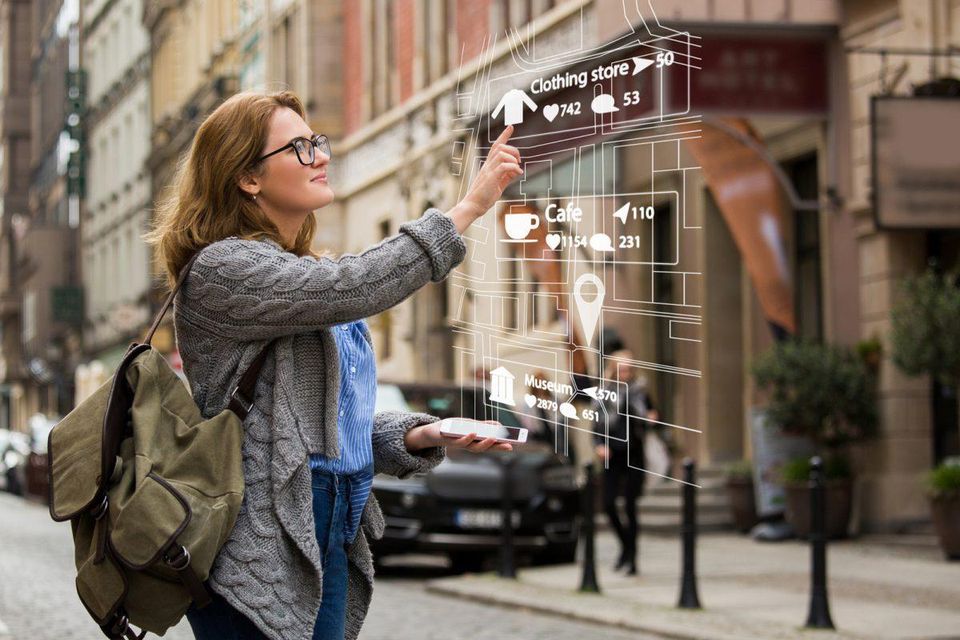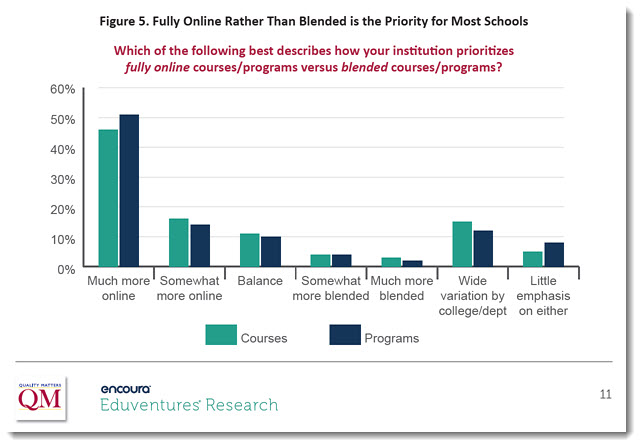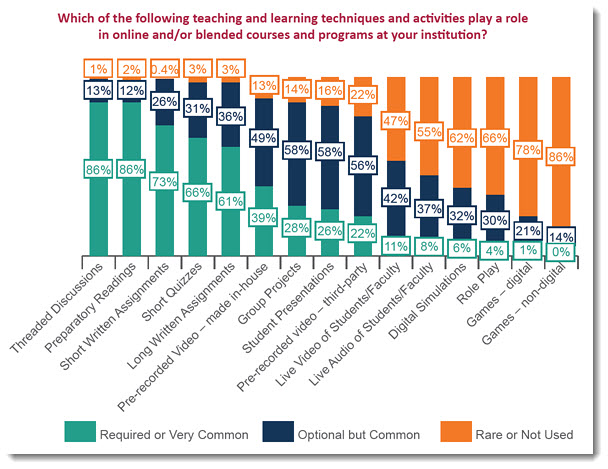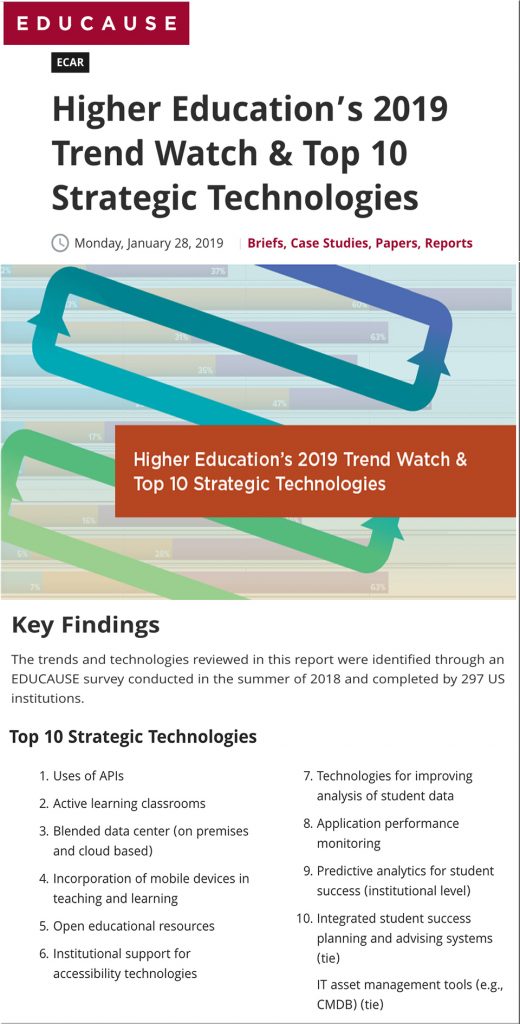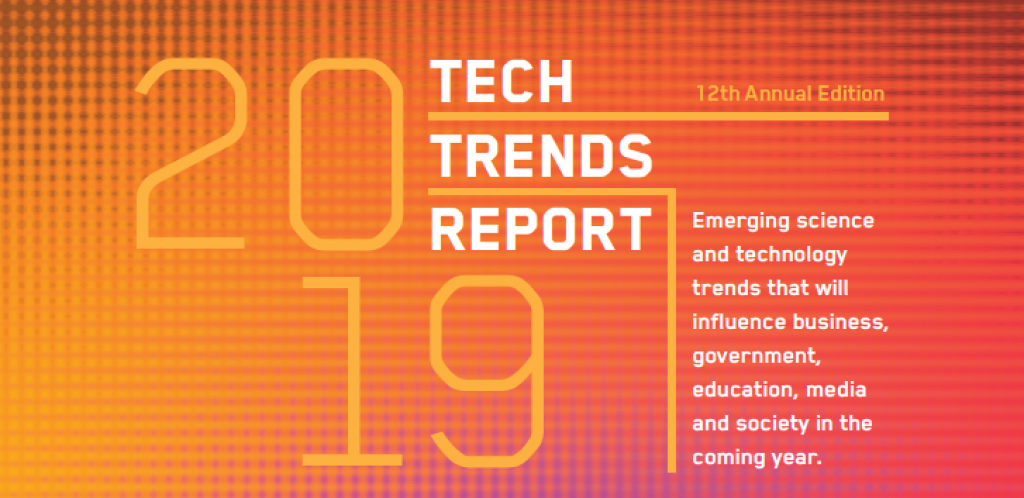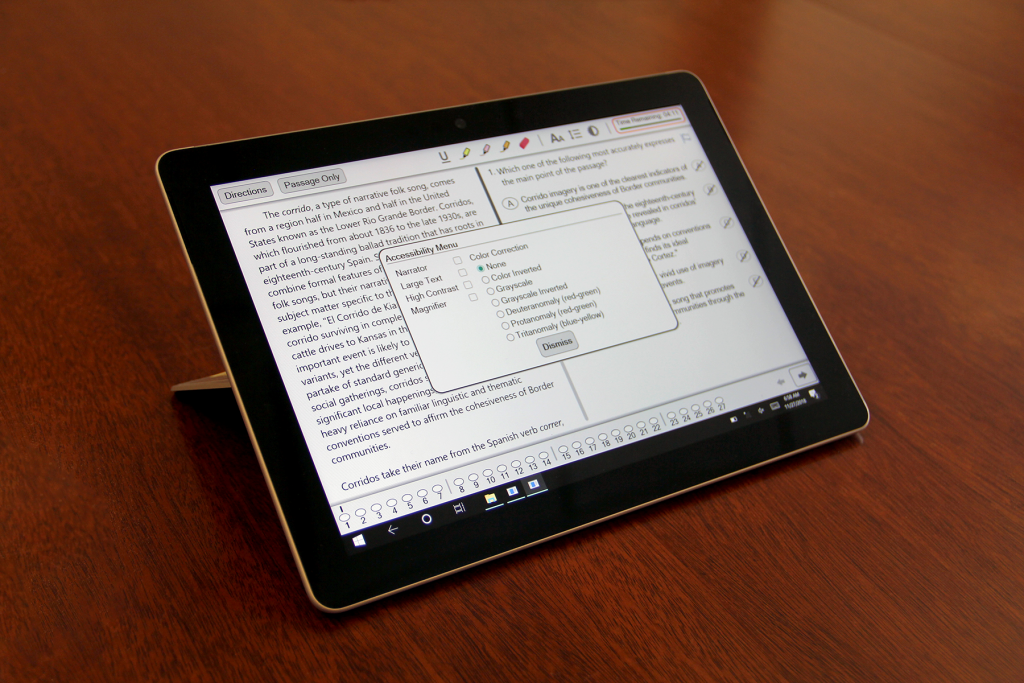From DSC:
First of all, an article:
The four definitive use cases for AR and VR in retail — from forbes.com by Nikki Baird
Excerpt (emphasis DSC):
AR is the go-to engagement method of choice when it comes to product and category exploration. A label on a product on a shelf can only do so much to convey product and brand information, vs. AR, which can easily tap into a wealth of digital information online and bring it to life as an overlay on a product or on the label itself.
From DSC:
Applying this concept to the academic world…what might this mean for a student in a chemistry class who has a mobile device and/or a pair of smart goggles on and is working with an Erlenmeyer flask? A burette? A Bunsen burner?
Along these lines...what if all of those confused students — like *I* was struggling through chem lab — could see how an experiment was *supposed to be done!?*
That is, if there’s only 30 minutes of lab time left, the professor or TA could “flip a switch” to turn on the AR cloud within the laboratory space to allow those struggling students to see how to do their experiment.
I can’t tell you how many times I was just trying to get through the lab — not knowing what I was doing, and getting zero help from any professor or TA. I hardly learned a thing that stuck with me…except the names of a few devices and the abbreviations of a few chemicals. For the most part, it was a waste of money. How many students experience this as well and feel like I did?
Will the terms “blended learning” and/or “hybrid learning” take on whole new dimensions with the onset of AR, MR, and VR-related learning experiences?
#IntelligentTutoring #IntelligentSystems #LearningExperiences
#AR #VR #MR #XR #ARCloud #AssistiveTechnologies
#Chemistry #BlendedLearning #HybridLearning #DigitalLearning
Also see:
- 100 million people will shop with AR by 2020, market researcher says — from cnet.com by Shelby Brown
5G is the key to it all, according to Gartner.
. - Advertising Enters the Next Dimension — from medium.com by Tom Emrich
7 ways spatial computing is evolving advertising & marketing
“It is conceivable that we’re going to be moving into a world without screens, a world where [glasses are] your screen. You don’t need any more form factor than [that].”
(AT&T CEO)









